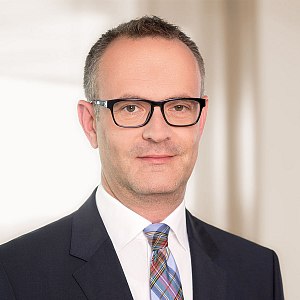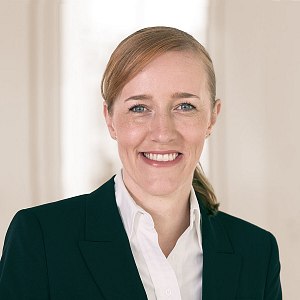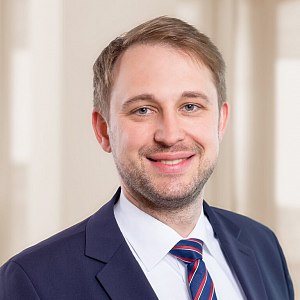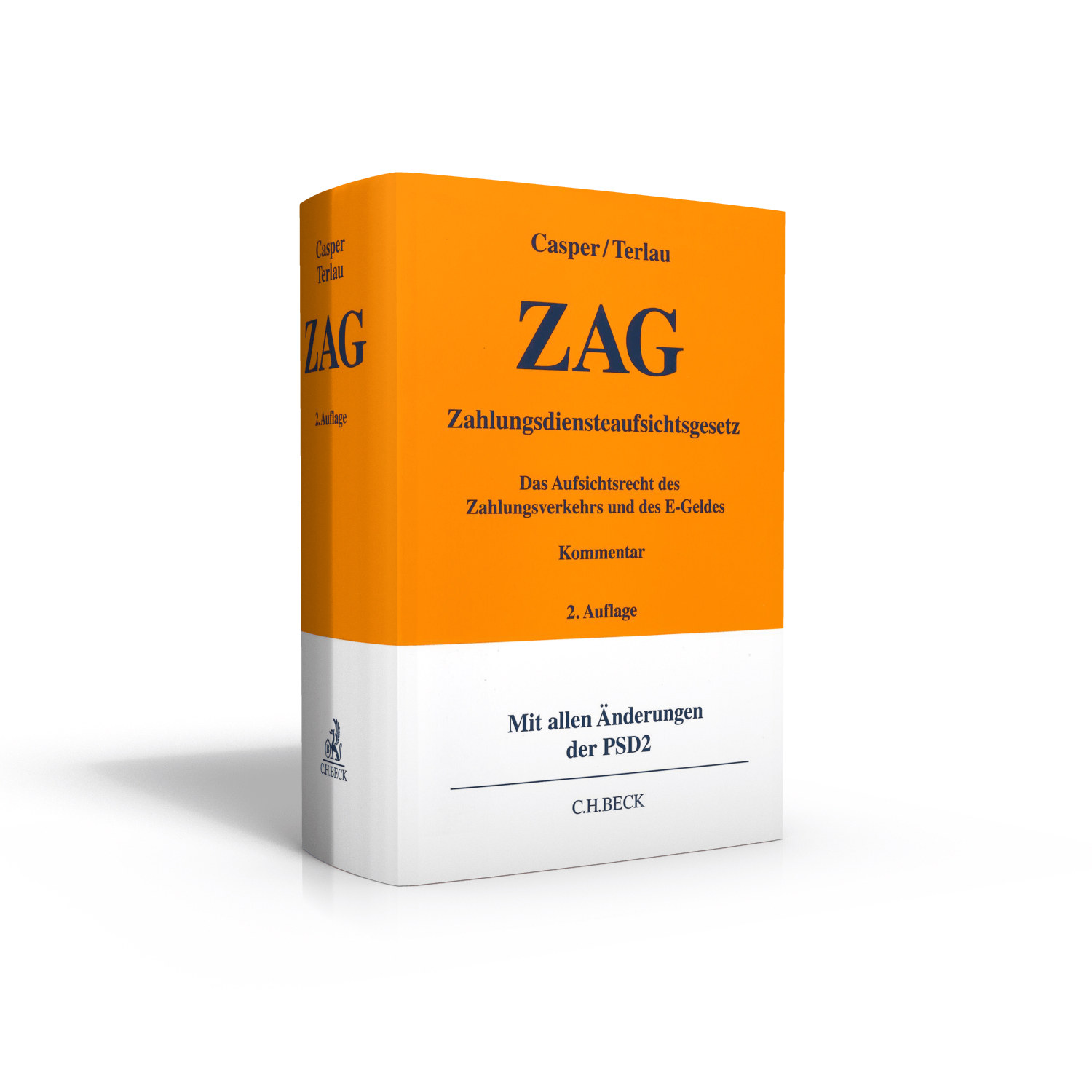The second payment services directive (Directive (EU) 2015/2366, “PSD2”) as well as well as the fourth anti-money laundering directive (Directive (EU) 2015/849, “4AMLD”) gives EU member states’ (“Host Member State”) authorities the competence to require those payment service providers or e-money issuers having its head office in another EU member state and acting in the territory of that Host Member State in forms other than a branch to appoint a central contact point in the territory of that Host Member State. The appointment of such central contact point and the obligations connected with such appointment might have a significant impact on the provision of payment services or e-money business under the provisions of the European Passport.
Central contact points under PSD2 and 4AMLD
Pursuant to the provisions of 4AMLD Host Member States may require e-money issuers or payment service providers established on their territory in forms other than a branch, and whose head office is situated in another Member State, to appoint a central contact point in their territory. PSD2 in contrast uses a different wording in order to describe the situations in which the Host Member States authorities may require payment institutions or e-money issuers to appoint such central contact point, namely operating on their territory through agents under the right of establishment. However, both directives seem to require a certain form of establishment in the Host Member State as a condition for that appointment, irrespective of whether or not agents are involved.
Whereas the appointment of the central contact point under 4AMLD aims at ensuring compliance with AML/CFT rules and to facilitate supervision by competent authorities, such appointment under PSD2 aims at ensuring adequate communication and information reporting on compliance with certain civil law and regulatory law provisions of PSD2.
In addition, both PSD2 and 4AMLD provide for adopting regulatory technical standards on the criteria for determining the circumstances in which the appointment of a central contact point is appropriate, and what the functions of the central contact points should be. EBA has developed a draft of regulatory technical standards under PSD2 and a draft of regulatory technical standards under 4AMLD.
Different wording in German transposition law
The German law transposing the provisions about central contact points under PSD2 and 4AMLD uses a slightly different approach. Pursuant to the respective provisions of the German Payment Act (Zahlungsdiensteaufsichtsgesetz – “ZAG”) an institution whose head office is situated in another member state and which is acting on their territory in forms other than a branch must on BaFin’s (the German regulatory authority) request appoint a central contact point in Germany. That provision in ZAG apparently refers to the wording of 4AMLD rather than PSD2. Although the legislative materials of the German transposition law make reference to situations in which agents in Germany are involved, its wording does neither explicitly refer to any agents nor any establishment involved in the Host Member State. Therefore, some uncer-tainty remains that BaFin could take an approach based on the wording of ZAG and also require institutions that are attracting the German market on a mere cross border services basis without involvement of any agents or other distributors established in Germany to appoint a central contact point in Germany.
In addition, additional rules on the duties of the central contact point and the requirements on submitting documents or information to BaFin may be adopted by way of legislative decrees. In consequence, the central contact might need to comply with additional obligations other than those stipulated in the draft regulatory technical standards drafted by EBA.
Practical implications
BaFin has not provided regulatory guidance on the application of the provision of central contact point yet. Institutions that have its head office in an EU member state other than Germany and are providing or intend to provide payment services or e-money business in Germany under the European passport should monitor the adoption of the regulatory technical standards in the EU as well as any legislative decree or regulatory guidance by BaFin in Germany in relation to central contact points in order to estimate the impact of such rules on their business.









